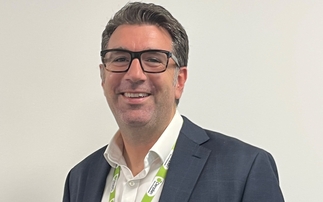As the NHS undergoes huge upheaval and with challenging demographics,future universal access to healthcare looks uncertain. Paul Shires examines the role of cashplans in maintaining healthcare provision.
Even in the midst of these tough economic times, the NHS continues to excel at providing care for life-threatening illnesses and emergencies, such as cancer and heart disease. But it is the other so-called ‘non-urgent’ procedures that are likely to suffer, and it’s our job as cashplan providers to step up and ensure that our policyholders can maintain access to these services.
How cashplan providers continue to work to this ethos of supporting the NHS and ensuring policyholders can maintain access to healthcare depends largely on what the future holds, not just for the NHS but for the health and social condition of the population, too.
With or without a publicly funded health service, the country is facing a ticking time bomb. Predictions made by The King’s Fund, an independent charity working to improve health in England, suggest that by 2018, 2.9m people will be living with three or more long-term health conditions. This amounts to a million more than in 2008, and at an additional care cost of an estimated £5bn.
As life expectancy continues to increase, age-related conditions will become more common, with 1m people expected to have dementia by 2026, at an estimated cost of almost £35bn.
Predictions also suggested that by 2031, 46% of men and 41% of women will be obese, and the number of people in the UK with arthritis will have increased by a staggering 100% to 17m, according to the charity’s Future of Health and Social Care Timeline.
These shocking statistics may seem unimaginable now, but the huge strain that these sorts of health and social problems would place on both the country’s healthcare infrastructure and employers needs to be taken seriously today before it is too late.
Sound physical and mental health is vital in maintaining a happy and productive workforce, the importance of which should never be underestimated in helping to keep the country’s economy afloat.
But maintaining such a workforce relies on staff being able to get healthcare as and when they need it. As the NHS continues to work towards its 2015 target and financial pressure mounts, such access will become increasingly uncommon.
A rise in health problems, both physical and mental, would certainly result in more staff requiring time off work at a time when long-term sickness absence is already costing the UK’s private sector an estimated £3.1bn every year. Employers will inevitably need to take more responsibility for the health and wellbeing of their staff.











